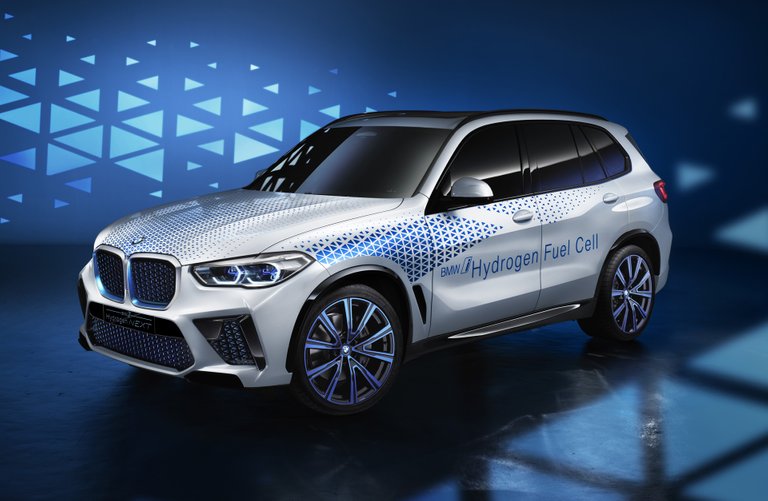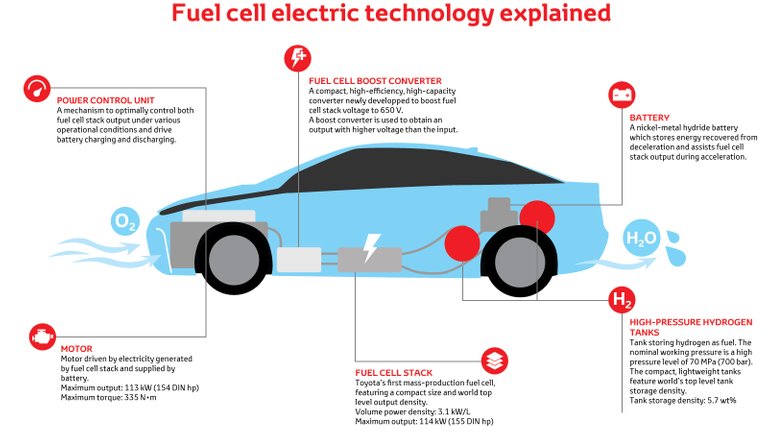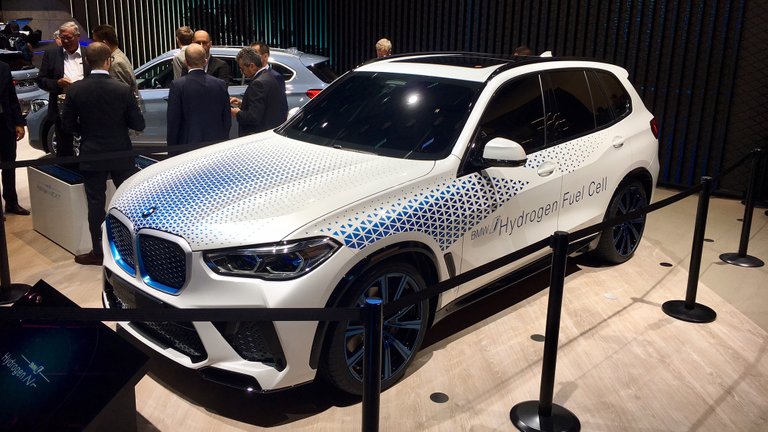Hydrogen Vehicles and the Future

Transport technology is a huge part of tech development and it has been a fast-paced decade of making road transport cleaner and accessible to all. Many will follow the headlines of emerging Electric Vehicle (EV) designs coming from traditional vehicle manufacturers. Governments are already implementing policies to eventually phase out legacy fuel technologies as the world looks towards a greener future. While EV’s are often talked about in the wider automobile industry, it isn’t the only avenue that major car manufacturers have been exploring. Beyond electric, alternative fuel sources have been an ongoing development with limited releases over the years.
BMW unveiled their latest Hydrogen powered concept vehicle at the 2019 Frankfurt Motor Show, an awesome event that sees the very latest from automobile giants. The X5 SUV is a popular model and introduction of the hydrogen variant while novel, may be indication of uncertainty of future automobile direction. BMW are focused on a modular approach to their vehicle offerings and accommodate gas, hybrid, pure electric and limited fuel cell lines. Such an approach would allow the manufacturer to maintain flexibility with respect to future tech infrastructure if EVs are not to be the wider adopted tech.

Hydrogen vehicles have seen limited market releases from Japanese and South Korean manufacturers. These vehicles make use of fuel cell technology. BMW have approached hydrogen capable vehicles in the past with the Hydrogen 7 but used hydrogen in an internal combustion engine instead. Fuel cell vehicles have a long stretch before they are deemed a successful venture for automakers as there is very little in the way of infrastructure. Maturity of this market remains to be seen and manufactures recognise this through reserved customer offerings that are estimated to be fulfilled in the next five years, pending market response and conditions. There would be no need for such vehicle if there wasn’t a place to charge and building an accessible infrastructure is crucial.

While hydrogen fuel cell vehicles are not currently perceived as a market competitor to pure EVs, they are viewed as a viable alternative to gasoline vehicles. Reaction between hydrogen and oxygen within fuel cells allows conversion of chemical energy into usable mechanical energy. Fuel cell vehicles can be ‘filled’ just as fast as a traditional gas tank, but low energy conversion ratios remain a challenge.
EV infrastructure has seen much investment and immediate benefit, albeit with limitations. Hydrogen will require perhaps even greater allocation of resources to see an acceptable usage level for consumer market purposes. Efficiency, cost and wider use cases will be crucial in establishing hydrogen as viable energy source for society. Realising a hydrogen economy is still in stages of infancy but could very well be the start of a greener industrial phase that would surely influence future technology developments across all fields.
Lockhart Tech Blogs

https://www.motor1.com/news/369872/bmw-i-hydrogen-next-revealed/
https://jalopnik.com/the-future-of-hydrogen-cars-1838119178
Congratulations @lockhart! You have completed the following achievement on the Steem blockchain and have been rewarded with new badge(s) :
You can view your badges on your Steem Board and compare to others on the Steem Ranking
If you no longer want to receive notifications, reply to this comment with the word
STOPVote for @Steemitboard as a witness to get one more award and increased upvotes!